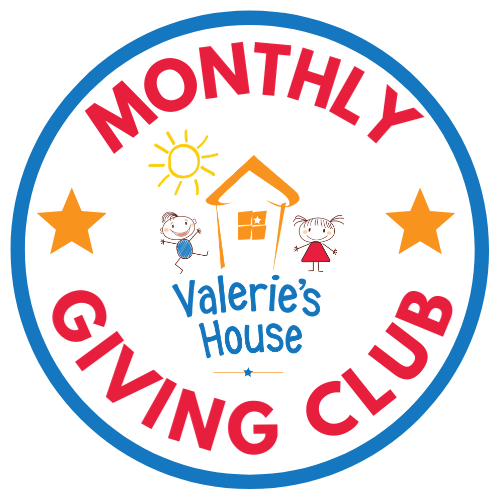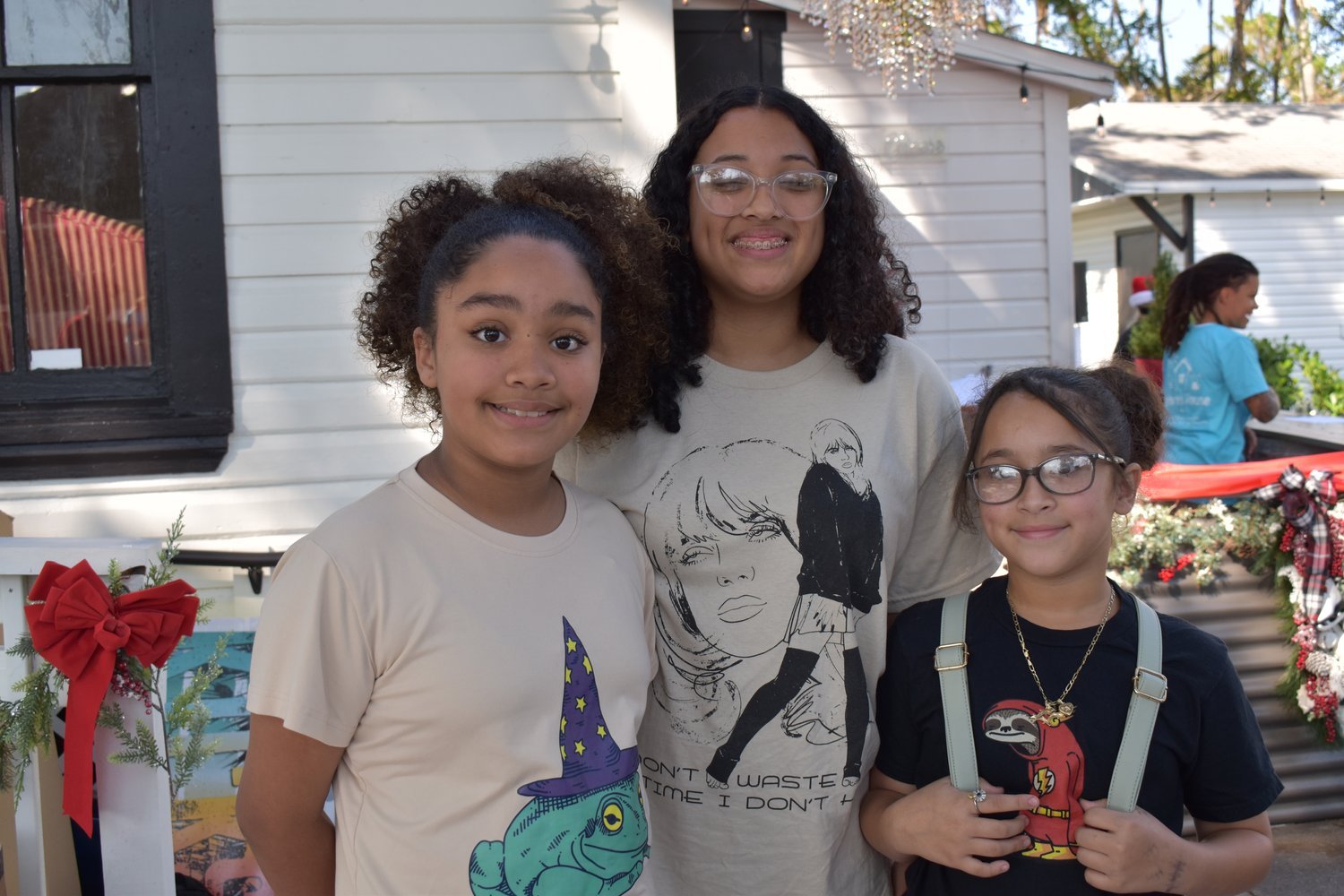Helping Your Child Deal With Death
When a loved one dies, children feel and show their grief in different ways. How kids cope with the loss depends on things like their age, how close they felt to the person who died, and the support they receive.
Here are some things parents can do to help a child who has lost a loved one:
When talking about death, use simple, clear words. Valerie’s House recommends that parents and or a family member the children love and trust tell children privately about a loss. Using a word that is concrete like “died” is important, instead of “Dad went to sleep.” or “We lost Dad.” A child might then say “When will they wake up?” or “If he is lost, can’t we find him?” Using concrete language that a child can understand such as “Daddy’s heart stopped” allows children to understand the finality of what has happened, which is very important. Children need to know the truth. Valerie’s House might often refer to “age appropriate” truth. For example, if a loved one died to suicide or overdose, and the child is under the age of 12, you may want to consider the language of “Mommy was sick and she was suffering. She is not suffering anymore.” You will always provide as much comfort as possible. “They loved you very much.” “This is not anyone’s fault.” “We are still a family, and will always be.” Pause to give your child a moment to take in your words.
Safety and Stability. The most important part about sharing about a death when speaking with children, is that they feel safe and secure. Find a setting that is quiet and even a setting they are familiar with, such as at a park or outside on your patio. Use words that let them know they are going to be ok and you are here for them and that you are going to get through this together as a family.
Listen and comfort. Every child reacts differently to learning that a loved one has died. Some kids cry. Some ask questions. Others seem not to react at all. That's OK. Stay with your child to offer hugs or reassurance. Answer your child's questions or just be together for a few minutes.
Put emotions into words. Encourage kids to say what they're thinking and feeling in the days, weeks, and months following the loss. Talk about your own feelings: It helps kids be aware of and feel comfortable with theirs. Say things like, "I know you're feeling very sad. I'm sad, too. We both loved Grandma so much, and she loved us, too."
Tell your child what to expect. If the death of a loved one means changes in your child's life, head off any worries or fears by explaining what will happen. For example, "Aunt Sara will pick you up from school like Dad used to." Or, "I need to stay with your grandma for a few days. That means you and Dad will be home taking care of each other. But I'll talk to you every day, and I'll be back on Sunday."
Talk about funerals and rituals. Allow children to join in rituals like viewings, funerals, or memorial services. Tell your child ahead of time what will happen. For example, "Lots of people who loved Mom will be there. We will sing, pray, and talk about Mon’s life. People might cry and hug. People will say things like, 'I'm sorry for your loss,' or, 'My condolences.' Those are polite and kind things to say to the family at a funeral. We can say, 'Thank you,' or, 'Thanks for coming.' You can stay near me and hold my hand if you want."
You might need to explain burial or cremation. For example, "After the funeral, there is a burial at a cemetery. The person's body is in a casket (or coffin) that gets buried in the ground with a special ceremony. This can feel like a sad goodbye, and people might cry." Share your family's beliefs about what happens to a person's soul or spirit after death.
Explain what happens after the service as a way to show that people will feel better. For example, "We all will go eat food together. People will laugh, talk, and hug some more. Focusing on the happy memories about Grandma and on the good feeling of being together helps people start to feel better."
Give your child a role. Having a small, active role can help kids master an unfamiliar and emotional situation such as a funeral or memorial service. For example, you might invite your child to read a poem, pick a song to be played, gather some photos to display, or make something. Let kids decide if they want to take part, and how.
Help your child remember the person. In the days and weeks ahead, encourage your child to draw pictures or write down favorite stories of their loved one. Don't avoid mentioning the person who died. Recalling and sharing happy memories helps heal grief and activate positive feelings.
Respond to emotions with comfort and reassurance. Notice if your child seems sad, worried, or upset in other ways. Ask about feelings and listen. Let your child know that it takes time to feel better after a loved one dies. Some kids may temporarily have trouble concentrating or sleeping, or have fears or worries. Support groups at Valerie’s House can help kids who need more support.
Help your child feel better. Provide the comfort your child needs, but don't dwell on sad feelings. After a few minutes of talking and listening, shift to an activity or topic that helps your child feel a little better. Play, make art, cook, or go somewhere together.
Give your child time to heal from the loss. Grief is a process that happens over time. Be sure to have ongoing conversations to see how your child is feeling and doing. Healing doesn't mean forgetting about the loved one. It means remembering the person with love, and letting loving memories stir good feelings that support us as we go on to enjoy life.

















